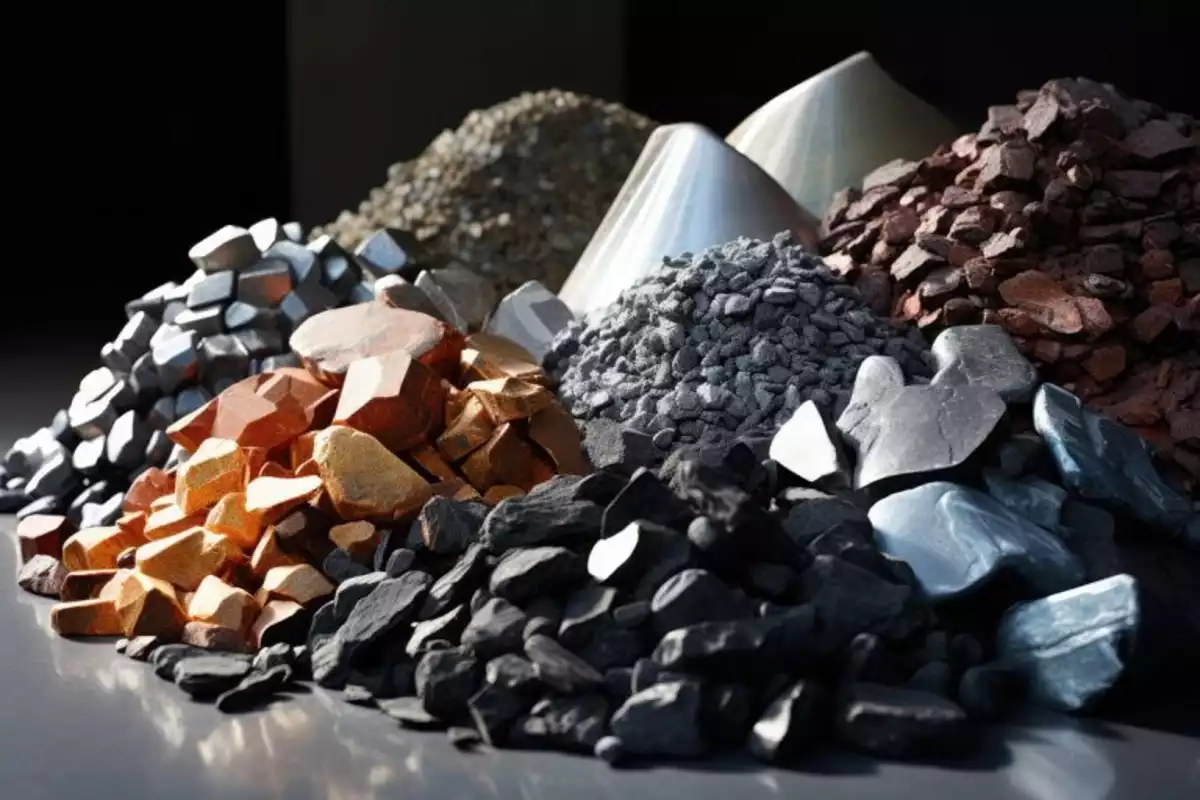
Photo credit: skillings.net
It seems that the Trump administration’s focused drive to secure critical minerals is beginning to yield results in Central Asia.
According to an Uzbek government statement April 9, meetings in Washington involving Uzbek Investment Ministry officials and US business executives yielded several agreements covering the exploration, extraction and processing of minerals in the Central Asian state. The deals also reportedly cover the provision of innovative US technologies to Tashkent, and the training of Uzbek specialists, The Caspian Post reports citing foreign media.
“The agreements were formalized by contracts,” the statement adds. “A manager was assigned to each project.”
Neither US nor Uzbek officials to date have revealed the value of the contracts signed, or the entities involved.
The announcement occurred amid a flurry of diplomatic contacts in Washington between the United States and Uzbekistan, including an April 9 meeting between Secretary of State Marco Rubio and his Uzbek counterpart, Bakhtiyor Saidov. In summarizing the discussions, State Department spokeswoman Tammy Bruce lauded bilateral cooperation in the “critical minerals and other sectors,” adding that the US will also work with Tashkent “on the modernization of safe nuclear technologies.”
The spokeswoman’s comments reinforce the notion that the United States may gain a role in the development of nuclear power in Uzbekistan. Tashkent already has an agreement in place with the Russian nuclear entity Rosatom to help build the country’s first nuclear plant. But Uzbek officials have stated publicly that they are interested in diversifying the country’s nuclear energy sector.
On April 7, US Deputy Secretary of State Christopher Landau met with the deputy chair of the Uzbek National Security Council, Abdulaziz Kamilov, who previously served as foreign minister. Those talks likewise focused on mining and nuclear power. Landau additionally “expressed gratitude to Uzbekistan for its continued cooperation on illegal immigration and counterterrorism,” according to a State Department press release.
Since coming to power in January, the Trump administration’s foreign policy toward Central Asia has fixated on critical minerals and nuclear energy. As an incentive to deepen cooperation in those sectors, the United States has expressed willingness to back Uzbek efforts to gain membership in the World Trade Organization.
The recent advances made by the United States in Uzbekistan’s mining and nuclear power sectors coincide with Tashkent’s deepening cooperation with China in the development of renewable energy capacity. Two Chinese companies recently signed contracts to build a solar and a wind farm in Uzbekistan with a total generating capacity of 1.5 gigawatts. A statement issued by the Uzbek Investment Ministry indicates China is also helping to finance the projects.
The US quest for rare earths in Central Asia is far from limited to Uzbekistan. Speaking at a mining conference in Astana, the top US diplomat in Kazakhstan, Deborah Robinson, reaffirmed “US support for private and public sector cooperation in the critical minerals sector,” according to a statement posted on Twitter, now called X. “We are committed to cooperating with Kazakhstan in this vital sector to facilitate investment, apply advanced technology, and strengthen economic and strategic ties.”
Share on social media